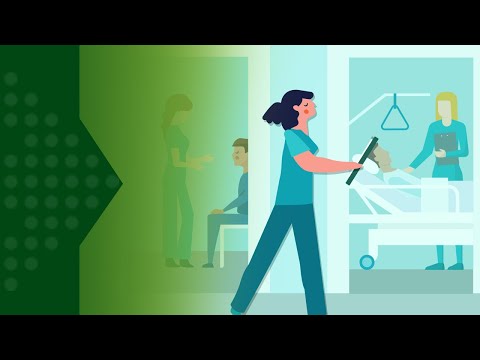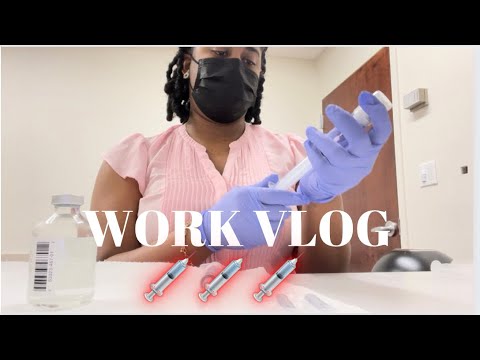What Skills Are Needed for Medical Assistants?
Contents
Medical assistants are in high demand and there are many opportunities for those with the right skills. But what skills are actually needed for medical assistants? Let’s take a look.
Checkout this video:
Communication skills
An important skill for Medical assistants is the ability to communicate with patients, doctors, and other members of the healthcare team. They need to be able to explain procedures and give instructions in a way that is easy to understand. They also need to be able to listen carefully to patients and document their medical history accurately.
Organizational skills
One of the most important skills for Medical Assistants is the ability to stay organized. This can be a challenge in a fast-paced medical environment, where there are often many patients and tasks that need to be completed at once. Medical assistants need to be able to prioritize tasks, keep track of appointments and medical records and manage their time effectively.
Interpersonal skills
In order to be a successful medical assistant you need to have strong interpersonal skills. This means that you need to be able to effectively communicate with patients, as well as with other members of the medical team. You should be able to build rapport easily, and put patients at ease. You will also need to be able to handle difficult situations and diffusing conflict.
Technical skills
There are a number of technical skills that medical assistants need to be successful in their roles. These skills include:
-Taking and recording medical histories
-Taking and recording vital signs
-Preparing patients for examinations
-Assisting with procedures
-Carrying out routine laboratory tests
-Instructing patients on how to care for themselves after procedures
-Scheduling appointments and maintaining medical records
Computer skills
Computer skills
Medical assistants need to be proficient in computers in order to perform their duties effectively. They should be able to type quickly and accurately, and have a good working knowledge of Microsoft Office and other common software programs. Many medical offices use specialised software for handling patient records, scheduling appointments and submitting insurance claims, so it’s important for medical assistants to be comfortable learning new programs.
Multi-tasking ability
Working as a medical assistant requires excellent time management and multitasking skills. You will need to be able to handle a variety of tasks at one time, and be able to switch from one task to the next without missing a beat. You will also need to be able to work well under pressure, as there will often be deadlines that need to be met.
Critical thinking skills
Medical assistants must be able to think critically and solve problems quickly. They must be able to pay attention to detail and be able to work well under pressure. They must also be able to communicate effectively with patients and doctors.
Emotional intelligence
One of the most important skills for medical assistants is emotional intelligence. This refers to the ability to be aware of and manage one’s own emotions, and the emotions of others. It is a critical skill in dealing with patients, who may be experiencing a wide range of emotions, from anxiety and fear to pain and grief. Medical assistants must be able to effectively communicate with patients and provide them with the support they need.
Stress management skills
As a medical assistant you will be working with patients who are experiencing a great deal of stress. It is important that you have good stress management skills so that you can help them to cope with their stress and anxiety. There are a number of ways to manage stress, and you should experiment to find the ones that work best for you. Some common stress management techniques include exercise, meditation, and deep breathing exercises.
Flexibility
In order to be a successful medical assistant you need to be flexible. This means being able to adapt to change and being open to new ideas. You will also need to be able to work well under pressure and handle a variety of tasks simultaneously. Medical assistants must also be able to communicate effectively with patients, families, and members of the healthcare team.







